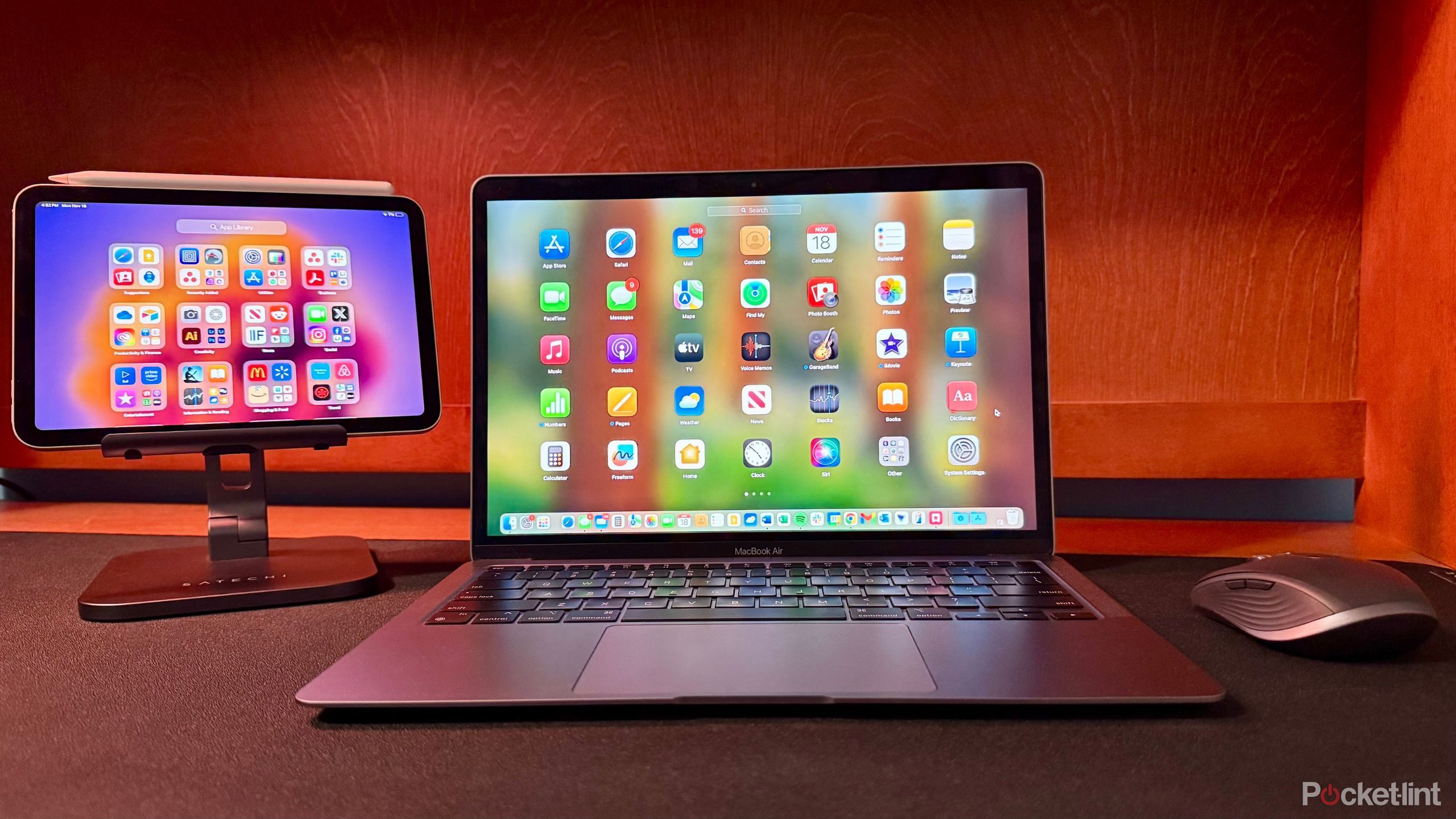Making long-distance drives convenient, cheap: Carpooling app BlaBlaCar now in India

BlaBlaCar, ride-sharing cab service that has made waves across Europe, Russia and Turkey, has finally arrived in India at a time when other taxi app companies are acceding to demands for compliance by transport authorities in the country.
French company Blablacar, which raised $100 million last year, operates as an online marketplace, allowing drivers or motorists on long-distance journeys to offer spare seats to passengers. The owner of the car then shares the cost with co-travellers who sign up for the journey. In fact to spur demand in new markets, it even pays drivers a set amount per passenger to help them cover the costs of inter-city trips.
The service will be free for the first year in India but Blablacar will start charging a percentage out of every booking once it has reached scale in the country. The model is similar to that of Airbnb — you pay or get money every time you ride . BlaBlaCar charges passengers a commission in only two countries so far – f France and in Spain. It is looking to eventually introduce this commission system in all 13 of its existing markets from Britain to Russia to Turkey to India. It has 10 million registered users across 13 countries, including Russia and Turkey, and 2 million people use the service every month.
While in Europe, this model has emerged as a cheaper alternative to trains, in India too the model can prove to be very convenient especially for not-so long distances such as Delhi-Jaipur, Mumbai-Pune, Delhi-Chandigarh etc as last minute train and bus bookings can prove to be cumbersome.
ScreengrabScreengrab
The company will start operations in Delhi first to exploit strong demand for intercity services as an alternative to India’s crowded trains and metros, and is reportedly planning to cash in on the 3.5 lakh people visiting the Jaipur Literature Fest slated to be held between 21 and 25 January. The company operates in France, the UK, Italy, Spain, Portugal, Poland, Germany, Russia, Ukraine and Turkey. India will be the 13th country.
How it works:
The service is available through BlaBlaCar’s free mobile apps for Android and iOS, and requires users to sign up via Facebook to get on board. Once you download the application, you can choose your co-travellers so you know they will be people just like you. There are a number of trust features like mandatory Facebook connect, and every member profile is authenticated by BlaBlaCar to ensure full names are displayed and only real profile photos are used.
A member support team also monitors activity 24/7.
For instance, a person driving from Delhi to Chandigarh with empty seats can post that on BlaBlaCar’s website while specifying the trip detailing time and cost of travel after checking in through his Facebook profile. Others travelling to Chandigarh and interested in this journey contact the driver via the BlaBlaCar private message system or by phone. They then travel together and pay car owners a contribution to help offset their costs.
Will you be forced to make conversation?
Nope, not at all. When you create your profile on BlaBlaCar, you indicate whether you are “Bla”, “BlaBla” or “BlaBlaBla” depending on how much you enjoy talking in the car.
Pricing:
Prices are fixed when a car owner offers a ride. While the price is based on a suggestion calculated by BlaBlaCar, on the basis of the itinerary and real costs incurred by car owners, owners are free to adjust the price within reason, to account for the comfort of their car or their willingness to make a detour. The price cannot exceed a ceiling set by BlaBlaCar, in order to ensure costs are fairly shared and that car owners do not make a profit. Generally, price per seat represents a third of the fuel cost for the journey; when a car owner takes three co-travellers, he offsets all fuel costs. Also, all payments are made in cash during the journey.
What about safety?
While the business model can be hailed for a connecting people and cutting out middlemen, but does it address safety concerns especially for women?
The company’s “community” based system would help alleviate safety concerns. First, member identities are authentic. Second, the community self-moderates, using profiles and ratings to evaluate members. This means that before you travel with another member you can read their ratings and benefit from the experience of other members. Phone numbers and emails are both verified by the company’s relations team and the option of Facebook Connect is also available so members can link BlaBlaCar profile to existing social networks.
Another feature called Ladies Only, is available which allows members to plan a car share where both the driver and the passengers are all women. ( Read more about it here )
Moreover, unlike in Uber or Ola, on BlaBlaCar, you get to choose your driver. Co-travellers contact car owners of their choice, and in turn, car owners can quickly accept or decline requests.
For more security measures, the company will follow its global practices, but will adopt new mechanisms if need be.
“We already had detailed discussions with the regulatory authorities and lawmakers. Our model is robust and different,” Raghav Gupta, India country manager of Blablacar was quoted as saying by the Business Standard. And of the reasons it discourages drivers from looking to make a profit is because this could subject them to stricter regulation under rules for professional drivers. Currently, in India long-distance ravel is not regulated as inner-city traffic but if motorists start making a quick buck from overcharging passengers, then it could raise tax concerns.
SOURCE:-firstpost




